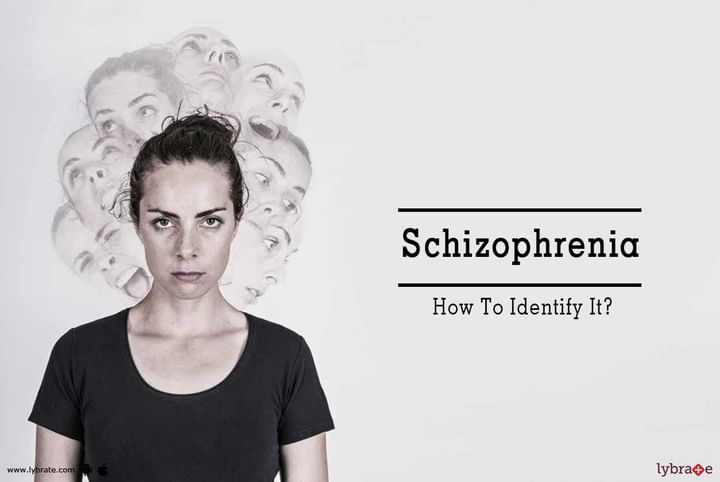Schizophrenia - How To Identify It?
When you hear the word “schizophrenia”, the first thing that comes to mind are those serial killers shown on the TV or you call it split personality. But that is not the true meaning of it. It is not a split personality or some kind of violent illness. Schizophrenia is a severe chronic mental illness which makes it difficult to differentiate between what is real and what is false.
As this is a mental illness, you will not be able to see any changes physically. You need to understand the symptoms of schizophrenia in order to know if a person is suffering from this problem. There are different kinds of symptoms that are used for diagnosing schizophrenia, but they all differ from person to person. Also, the symptoms that you see now, may not be seen later as the disease progresses. There are different types of schizophrenia and each has different symptoms.
Here is a list of the different types of schizophrenia and the most predominant and significant symptoms of each type.
- Paranoid Schizophrenia: People suffering from paranoid schizophrenia are characterized by strong auditory hallucinations and of being persecuted. However, they are very normal and function normally. But they are not ready to discuss their feelings openly and the symptoms are not observable. Other symptoms include anger, hostility and disorganized speech.
- Disorganized Schizophrenia: As the name suggests, people with disorganized schizophrenia exhibit disorganized thoughts. Delusions and hallucination may not be seen in this type of schizophrenia. The behavior of the affected person is quite disorganized or it is difficult to understand what they are saying. In fact, some emotions exhibited by the affected person are hard to understand or they are not at all relevant to the current situation. Their daily routine and activities will also be affected.
- Catatonic Schizophrenia: People with catatonic schizophrenia are characterized by increased or decreased movement. This symptom actually varies from person to person. Some people stay at a place for a long time without any kind of movement and some people keep moving for hours and do not stop. They do not speak for hours and sometimes they keep repeating the same thing over and over again. This has to be treated immediately as they will not be able to manage even their daily routine with this kind of behavior.
- Undifferentiated Schizophrenia: Undifferentiated schizophrenia is a condition where the symptoms do not fall into any of the above three types. You will also be able to observe hallucinations, delusions, anger, disorganized speech or catatonic behavior.
- Residual Schizophrenia: As the name suggests, it is the residue of schizophrenia behavior, but it is less severe as compared to the past. Delusions, hallucination and disorganized speech may still be present but compared to the past, the patient would be doing better.



+1.svg)
